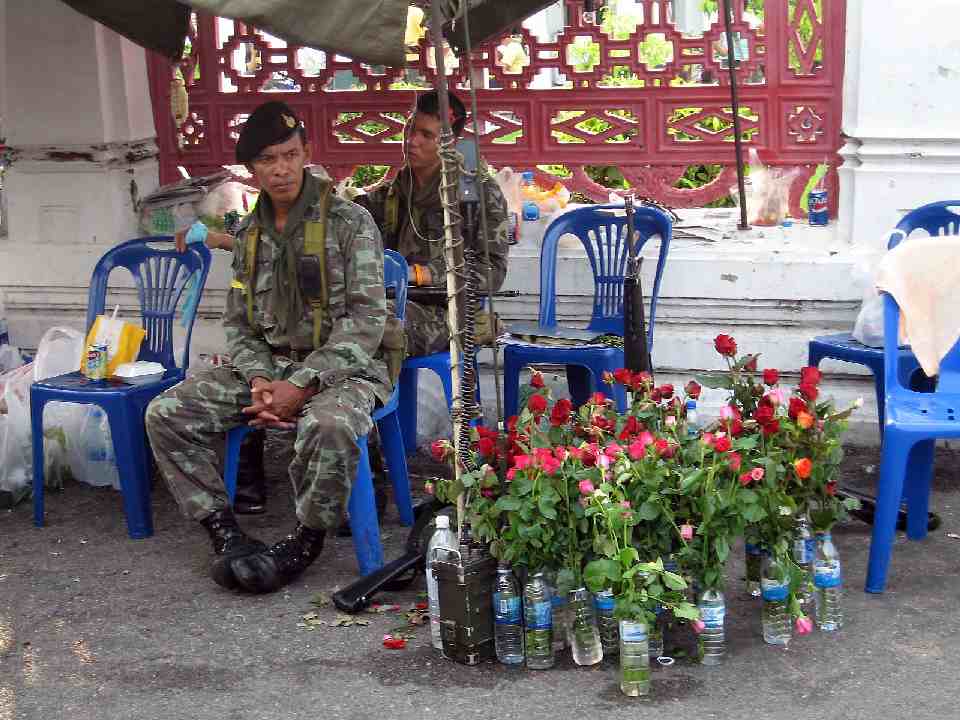
The Thai government aims to rewrite the military-inspired charter to prevent coup makers from being regarded as sovereign or legitimate rulers. Moreover, a new law is expected to give the prime minister the authority to sack generals suspected of plotting to overthrow the legitimate authorities. Pheu Thai deputy leader Chusak Sirinil said the plan was to prevent wannabe coup leaders from appearing legitimate in the eyes of the public.
This isn’t the first time. In 2013 there was a similar bill before a parliamentary subcommittee which promptly collapsed amid political bickering. During the May 2023 general election, Move Forward party leader Pita Limjaroenrat advocated that army generals should be restricted from entering politics and that compulsory military conscription should end. These notions were promptly placed in the bin and the Move Forward party consigned to the back benches.
In a 2024 NIDA poll, most respondents did not believe Thai coups are a thing of the past. Ken Connor in his book on military interventions wrote that there is a strong coup culture in Thailand, even an addiction. Putsches have occurred on average every seven years in the last century. Many members of the public actually expect the army to intervene once the political situation boils over into violence on Bangkok streets: that is precisely what happened in the most recent coup of May 2014. Life quickly returned to normal, the trains and buses ran on time and opposition to the army quickly faded away.
Neither the Thai press nor the courts opposed that coup, nor indeed any of its predecessors. Politicians tend to maneuver for position. In 2014 a Cabinet minister of the Yingluck-led civilian administration (when the coup occurred) actually ended up as the justice minister in the new military government. Even if a future coup maker tore up the constitution, which authority would challenge him? The technical agency would be the constitutional court which does not to date have a convincing record in opposing the generals.
It is also possible to argue that a coup is not really a coup. In 2021, the army in Myanmar displaced the civilian government but the generals claimed they were within the law as chronic voting fraud had made the country ungovernable and its parliament illegitimate. In May 2014 the Thai army introduced martial law under a 1914 act, stressing that the reason was solely public security and nothing to do with a coup. Two days later Government House was under military occupation and supreme power vested in the army leader. Army spokesmen claimed it was the public will.
Thailand does not presently appear to have the mechanisms to enforce a constitutional or legislative answer. The stark reality is that only failed coups are illegal. Successful ones by definition bestow the levers of power on a new regime inevitably claiming to be acting in the national interest. As Barbara Tuchman noted, “To put on the garment of legitimacy is the first aim of every coup.” The big question is whether it will work again in Thailand.








